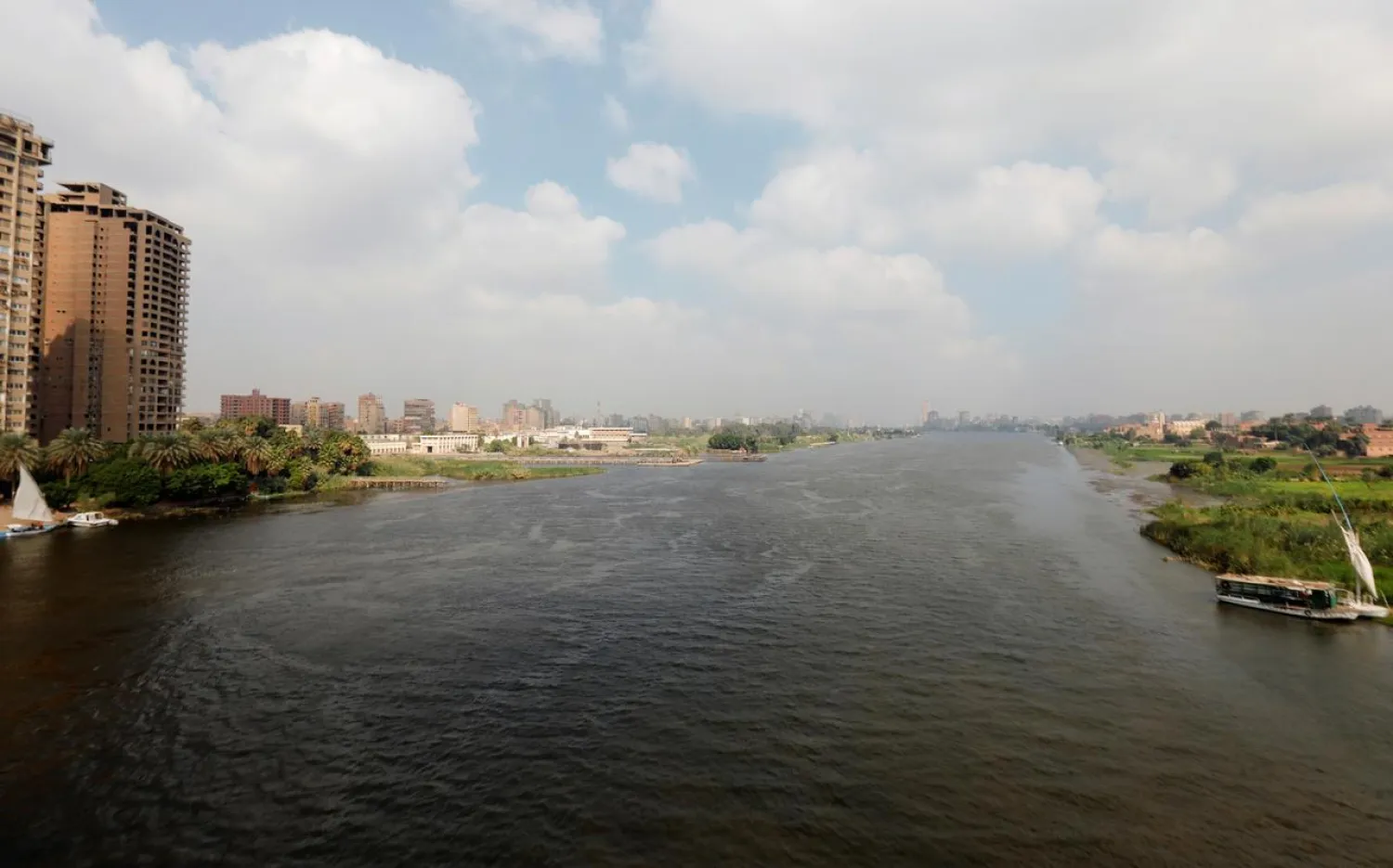US Secretary of State Mike Pompeo said Tuesday that it could take "months" to resolve a dispute between Egypt and Ethiopia over a massive dam on the Nile River.
Tensions have been high in the Nile basin ever since Ethiopia broke ground on the project in 2011.
The US Treasury Department stepped in last year to facilitate talks between Egypt, Ethiopia and Sudan -- another downstream country -- after Egyptian President Abdul Fattah al-Sisi reached out to US President Donald Trump.
The latest round of talks concluded in Washington last week, and officials have said they want to reach a deal by the end of February.
But at a press conference Tuesday in the Ethiopian capital, Addis Ababa, Pompeo said the process could take longer.
"A great deal of work remains, but I'm optimistic that over the coming months we can resolve this," he said, according to AFP.
Ethiopia says the dam -- which will be the largest hydropower plant in Africa -- is crucial for its growing economy.
Egypt fears the project will disrupt the river that provides 90 percent of its drinking water.
Addisu Lashitew, an analyst at the Brookings Institution in Washington, said he expected Pompeo "will be trying to make a final push" to reach a deal during his stay in Ethiopia.
"President Trump seeks to get the credit... as the dealmaker for resolving this issue," Addisu said on a call with reporters last week.
Ethiopian Foreign Minister Gedu Andargachew said at the press conference Tuesday there were "outstanding issues that need negotiation".
He did not elaborate, but major sticking points include the filling of the dam's reservoir, which Egypt worries will dramatically curb water flow downstream.
Ethiopia is the last stop on Pompeo's three-country Africa tour, the first by a US cabinet-level official to the continent in 19 months.









